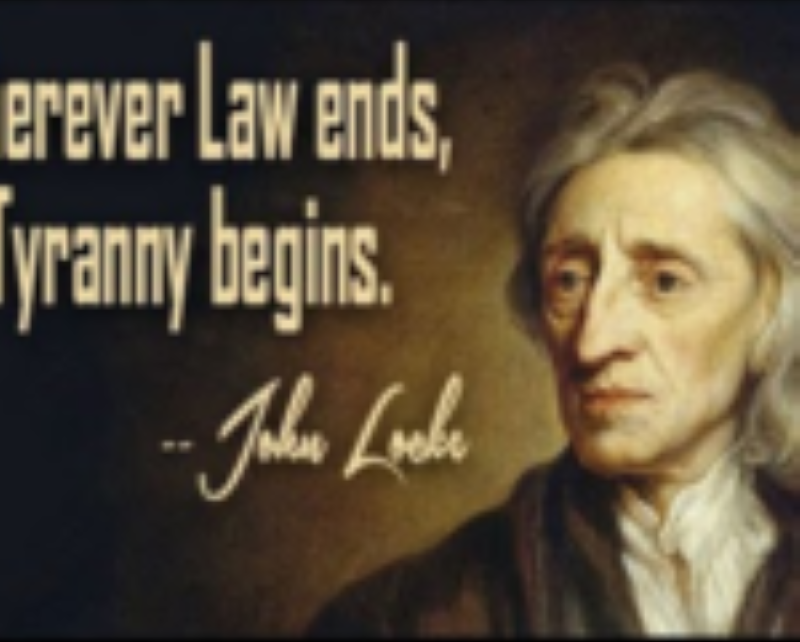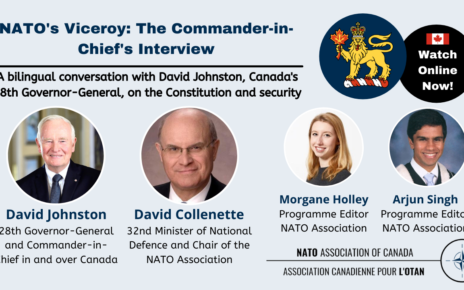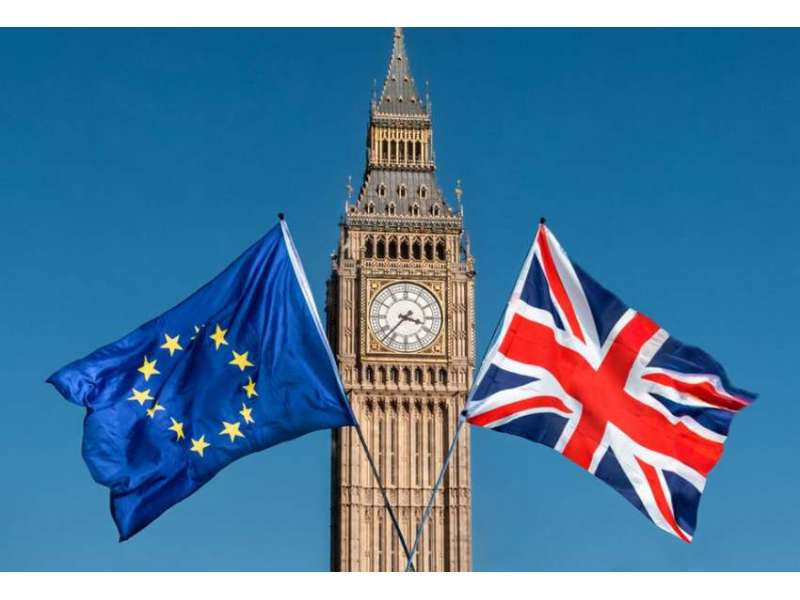This essay inquires whether John Locke’s stands on prerogatives still applicable in the liberal constitutional democracy. First, the essay analyzes how prerogatives work in a modern liberal constitutional framework. Second, it argues whether there is a need for an extra-legal prerogative in a modern liberal constitutional democracy.
Locke argues that the deficit within the legislature is the reason for prerogatives to supplement law. Locke claims that requiring the legislature to be in session forever is unnecessary and inconvenient. Therefore, the executive must be entitled to act on the matters on ‘which the law does not prescribe.’ However, the problem arises when legislatures enact laws to limit the power of executive discretion or do not foresee the impact of the legislation enacted. Locke argues for an alternative institutional apparatus entrusting power to the executive by way of prerogatives. He claims that prerogatives will not replace the legislature’s supremacy, but it will remain as a pre-existing power.
Locke gives new definitions for prerogatives. Locke points out that prerogatives are the power in the hands of the executive ‘to provide for the public good in such cases, which depending upon unforeseen and uncertain occurrences…’ These prerogatives are to address matters that the ‘certain and unalterable laws’ were unable to perform. Locke also defines prerogative as an action required for the public good. He expresses that the people give their leaders discretionary powers where the law is silent; he defines that power as a prerogative.
Locke interprets prerogatives are to act for the public good—and only for that good and therefore, the abuse of such power cannot be a prerogative. Second, positive law cannot bind prerogative power. Prerogative power is above the law, and it is a discretionary power of the ruler. It permits the ruler to govern when there is no law.
Therefore, how prerogatives work in a modern liberal constitutional framework?
First, prerogatives do not comply with the notion of constitutionalism because they are extra-constitutional. Locke argues that the prerogatives do not have to be fixed within the scope of the constitution to act without the prescription of law. He pointed out, unforeseen incidents require prudent judgment, which cannot be fixed beforehand. However, according to Locke, the constitution can require the prerogatives to act only for the public good. Does that mean whether such power could be exercised for the public good even if the constitution expressly prohibits it? This essay argues that such exercise can be legitimized because the constitution is only one form of law and cannot expressly provide legal scope for every necessity.
Second, Locke argues that prerogatives cannot be a power of the executive either. Executive powers come under the notion of the rule of law, and therefore it is for the rule of law to prescribe prerogative power for the good of society. That means prerogatives can be extra-constitutional and pre-constitutional. However, the dilemma arises when an executive exercises his/her power beyond the constitutional framework or when a ruler exercises prerogative when he/she has no power or authority. Dilemma also arises when one questions whether anyone who possesses the power under the constitution can exercise prerogative or only the executive.
Third, both individual resistance and prerogatives are the execution of the law of nature. Both require individuals to executive their authority for the public good. However, they contradict in the case of pardoning. In the modern constitutional arrangement, an executive can pardon the illegal behaviour of a man who otherwise acted for the public good. However, how is the executive given power to pardon someone who has violated the law? There is no answer in positive law. Although according to the natural law, the ruler has the natural right to do so, Locke also believes that it is the ruler’s judgment whether an illegal act which was for the public good can be rewarded with a pardoning. Does that mean a criminal should go through the court of law for an illegal act, whereas the executive does not go through any procedure for pardoning someone who violated the law? Modern law suggests there shall be procedures. However, in practice, these procedures neither involve courts nor approvals of the legislature.
Given the controversial nature of prerogatives, one recommends that the legislature must oversee the prerogative use. However, that recommendation is invalid due to the following reasons. First, prerogatives are extra-constitutional and beyond the constitutional and legal obligation. The constitutional authority cannot judge an extra-constitutional; only the extra-constitutional authority, i.e. the people, can judge it.
Second, the fundamental scope of Locke’s prerogative is for the executive to act in the absence of law. That means, until the legislature is assembled to make a law on that matter, there is no barrier to the executive to use the power of prerogative. Expecting the legislature to judge the use of prerogative can be only possible when there is a law to prescribe the limits of prerogative. However, Corbett says, then there is no need for prerogative in the first place. Therefore, when municipal law gives no direction on a matter, there can be no oversight of prerogative use. However, in due course, legislative ratification can be made in the form of legislation to address the deficiencies of the municipal law, and that the usage of prerogative in that matter will then be limited.
Third, the legislature cannot judge the prerogative because it has no inherent right to do so. Such judgment would be only possible if the ruler does not have the legislative power; that means, as Mattie points out, it would be only applicable in a poorly ordered commonwealth. However, in practice, contemporary democracies do not even provide for a poorly ordered commonwealth. According to Ward, in Locke’s view, the people are the absolute judges to evaluate prerogative validity.
Therefore, is there any need for an extra-legal prerogative in a modern liberal constitutional democracy?
Prerogative is extra-legal because it has no constitutional authority in a liberal democracy. However, the existence of prerogatives does not make the law meaningless. It is merely a right to act in circumstances when the law is absent or violates the existing law or constitutional provision to react to any emerging situations. The Administrative Procedure Actof the United States describes that the prerogative fills the gaps when there is ‘no law to apply.’ However, constitutional enforcement also relies on political morality. That means, in instances of threats to national security, the requirement of prerogatives prevails the constitutional framework and acts beyond its scope and expectation.
Second, if the constitution is the ultimate doctrine, there is no more power than expressly granted. Therefore prerogatives produce popular vigilance. There has been no formula for the people to judge whether prerogatives are legitimate. But, people can judge legitimacy based on political morality.
These analyses indicate that it is impossible to translate Locke’s prerogative doctrine exclusively into the liberal democratic constitutional framework. However, the role of prerogatives is greater than to be limited within the framework of legal doctrine. Prerogatives can fill the gaps of law with legalism. It can ensure the rights and duties of the people, and define the legitimacy of the government. Prerogatives are unquestionable; however, people respect them only when they are acted upon for the public good. The executive may act in a modern liberal democracy with a broader discretionary power because of the prerogative; nonetheless, it is less authoritative. Locke’s prerogative may require modernization and political judgment to fit into modern constitutional expectations. Nevertheless, it remains contemporary.
Featured Image: John Locke (2015), by University of Shed via YouTube.
Disclaimer: Any views or opinions expressed in the article are solely those of the author who is not affiliated with MISP or CIRCL in any capacity and whose views do not necessarily represent the views of the NATO Association of Canada or any organization.




